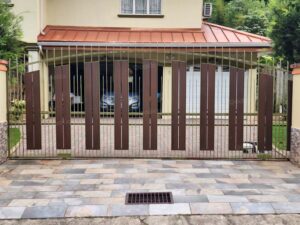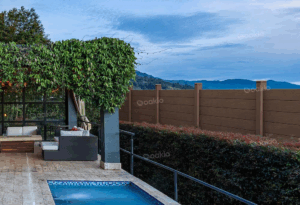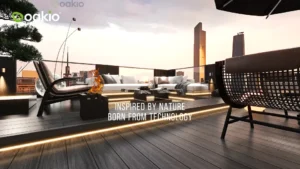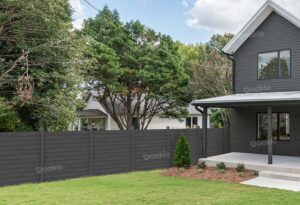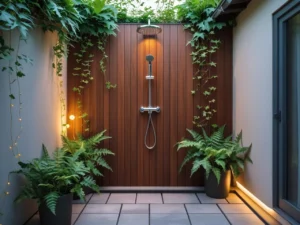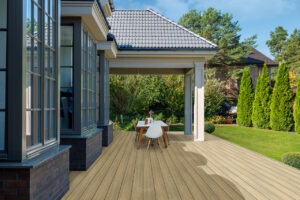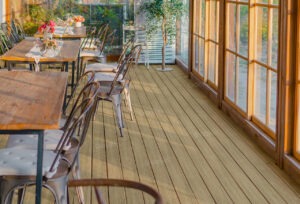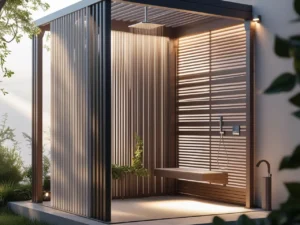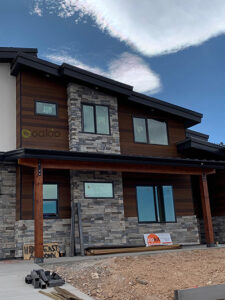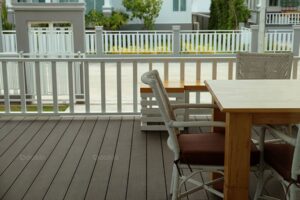Idyllic and Functional: Building the Poolside Pergola of Your Dreams

Looking forward to summer fun right in your own backyard? A poolside pergola can make a simple swimming area into a luxurious one. These versatile and beautiful structures don’t just add style to your outdoor space; they also boost its function and comfort.
From providing much-needed shade on hot days to creating a defined area for entertaining, a well-planned pergola is a game-changer.
In this guide, we’ll explore design tips, material options, and practical construction advice to help you build the perfect poolside sanctuary that’s both beautiful and built to last.
Understanding the Purpose of a Poolside Pergola

A pergola can serve different purposes, making it an excellent addition to any outdoor space. First, it serves as a good sun blocker, helping you relax by the pool without suffering sunburn. It also acts as an architectural piece that defines an outdoor living area, which seamlessly connects your home to your pool.
This also acts as an additional layer of privacy, enhancing the overall atmosphere of your poolside area.. As for design, there are practically infinite backyard pool pergola ideas.
For example, you can go with a clean modern look, a rustic vibe with wood beams, or even a tropical vibe with bamboo or louvered shades. Sites like Houzz and Apollo Roof offer great visual inspos, which can help you visualize how pergolas can completely change the look and feel of a certain space.
Apart from those, you can also add lighting, curtains, and even fans to make the space more aesthetic and comfortable.
Planning Your Poolside Pergola: Key Considerations
Begin by assessing your pool’s size and the surrounding space. Do you have enough room for both the pergola and a walkway around it? Next, research local zoning and building codes. You might need a permit, so it’s always best to check beforehand to avoid any potential headaches down the road.
Budget is another critical factor, as the cost will vary widely depending on the size, materials, and whether you’ll do the construction yourself or hire a pro. Be realistic about what you can spend and how much maintenance you’re willing to commit to down the line, as this will influence your material choices.
Thinking about these details beforehand will help you ensure the project is seamless and meets your expectations.
Material Selection for Durability and Style
The material you’ll be choosing will affect the look and the durability of your pergola. Here’s a rundown:
Traditional Wood: Offers a beautiful, classic aesthetic but requires regular sealing and staining to withstand the elements. Examples include pressure-treated wood, cedar, and redwood.
Aluminum and Metal: These materials are low-maintenance and durable, providing a sleek, modern feel. But it may need occasional derusting, especially if near coastal environments.
Wood Plastic Composite (WPC): One of the most exciting innovations in outdoor building:
- WPC is an excellent alternative that combines the natural appearance of wood with the superior durability and low maintenance of plastic.
- Brands like Oakio are at the forefront of this trend, offering stylish, weather-resistant pergolas that won’t rot, splinter, or warp.
- For those creating a composite deck with a pergola, WPC provides a cohesive, unified look that’s easy to care for and designed to last through changing seasons without a fuss.
- A wood plastic composite pergola is an ideal choice for anyone who wants the beauty of wood without all the upkeep.
As for climate-related usage scenarios, when deciding on a material, always consider your local climate. For areas with frequent rain, intense sun, or high humidity, a low-maintenance material like WPC or aluminum shines the best.
If you live in a mild climate, traditional wood might be a good fit. But apart from climate, also consider how often the space will be used: a pergola in a high-traffic area will benefit from a more durable, low-splinter material.
Construction Essentials
Building a sturdy pergola starts with a solid foundation. Proper anchoring is crucial for safety and stability, especially in windy areas. The roof style also requires careful consideration; a classic open lath design offers some shade, while retractable or solid covers provide more comprehensive protection from the sun and rain.
Also factor in how you’ll connect the pergola with your existing pool features. You may need to run electrical wiring for lighting or fans, or even incorporate a built-in bench. Construction typically involves several phases: site preparation, framing, and then adding the roof and any accessories.
Always follow safety protocols and remember to waterproof any surfaces that need it to prevent damage from rain and pool splashes. Hiring a professional can be a smart move, ensuring the structure is built correctly and safely, but with a good set of plans, many DIY enthusiasts can tackle this project.
Enhancing Functionality and Comfort
To make your pergola truly usable, it’s best to add a few enhancements here and there. For example, adding retractable shades or adjustable louvers gives you control over the amount of sun or shade you get throughout the day.
For year-round use, you can also install outdoor fans for hot and humid summer days, or even a heater for winter and cool evenings. Adding insulation to the space is also a good way to enhance your pergola’s weather resistance.
Adding lighting also helps: smart lighting systems that you can control with a few taps on your phone can help you create the perfect atmosphere for evening swims, dinner nights, or late-night gatherings.
These small touches may be “small”, but they really amp up the experience of enjoying your poolside outdoor retreat.
Maintenance Tips for Longevity
Maintaining your pergola is simple, especially if it’s composite. For a composite deck with pergola, all it takes is just a quick wash with soap and water. No sanding or sealing needed.
Regardless of material, though, regularly check fasteners and bolts and clear debris. This simple routine check protects your investment and keeps it safe and pretty for years.
Conclusion
A well-designed poolside pergola is a valuable investment in your home and lifestyle. The key is to blend practicality and style, creating a functional outdoor retreat with essential shade and privacy.
By choosing durable, low-maintenance materials like WPC, you’ll spend less time on upkeep and more time enjoying your new oasis. Start planning your perfect poolside sanctuary with Oakio today and get ready for a whole new level of backyard enjoyment!
Trending Reading
What Are the Differences Between the WPC Board and PVC Board?
[2025 Update] How Long Does WPC Decking Last?



